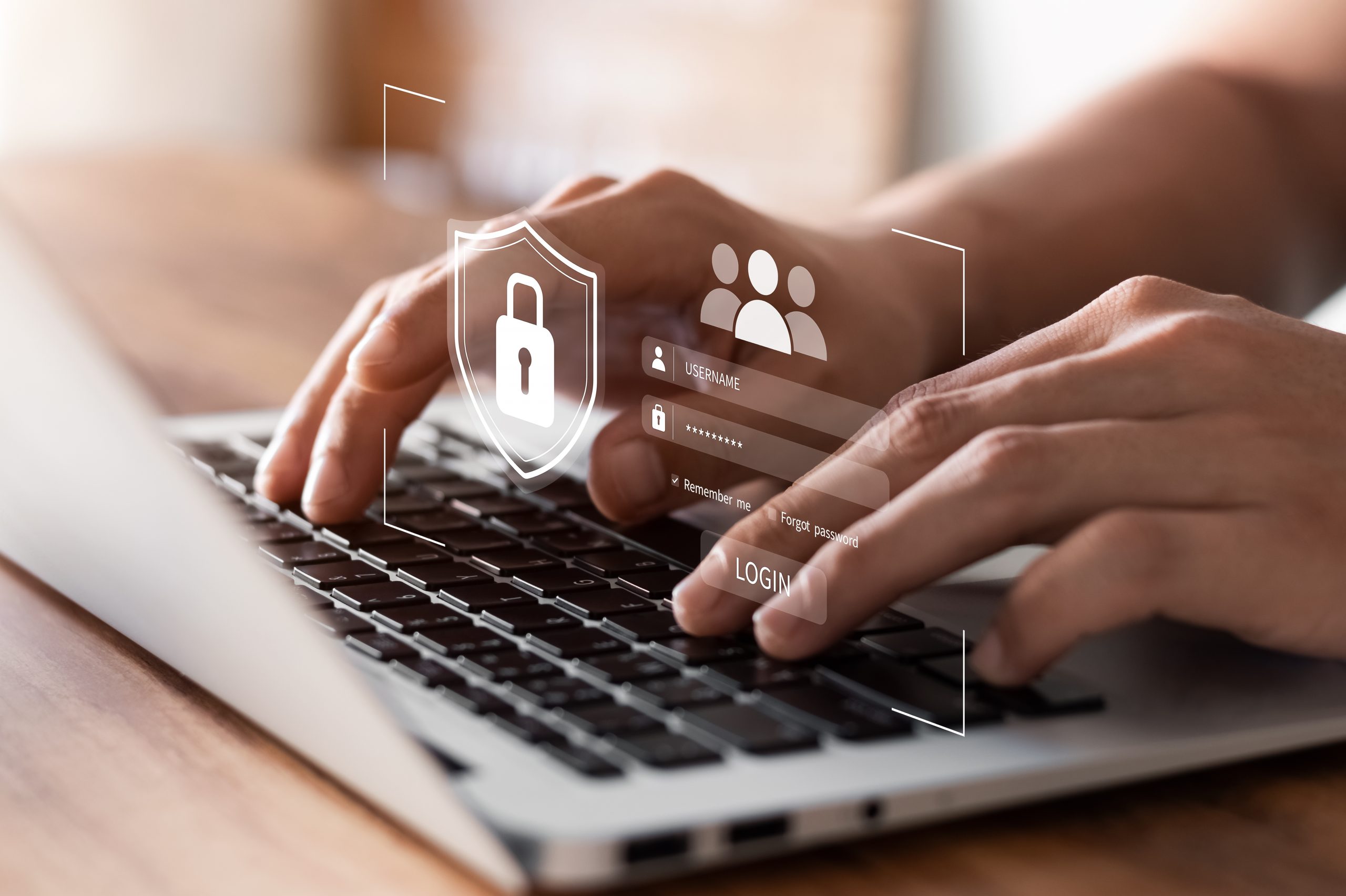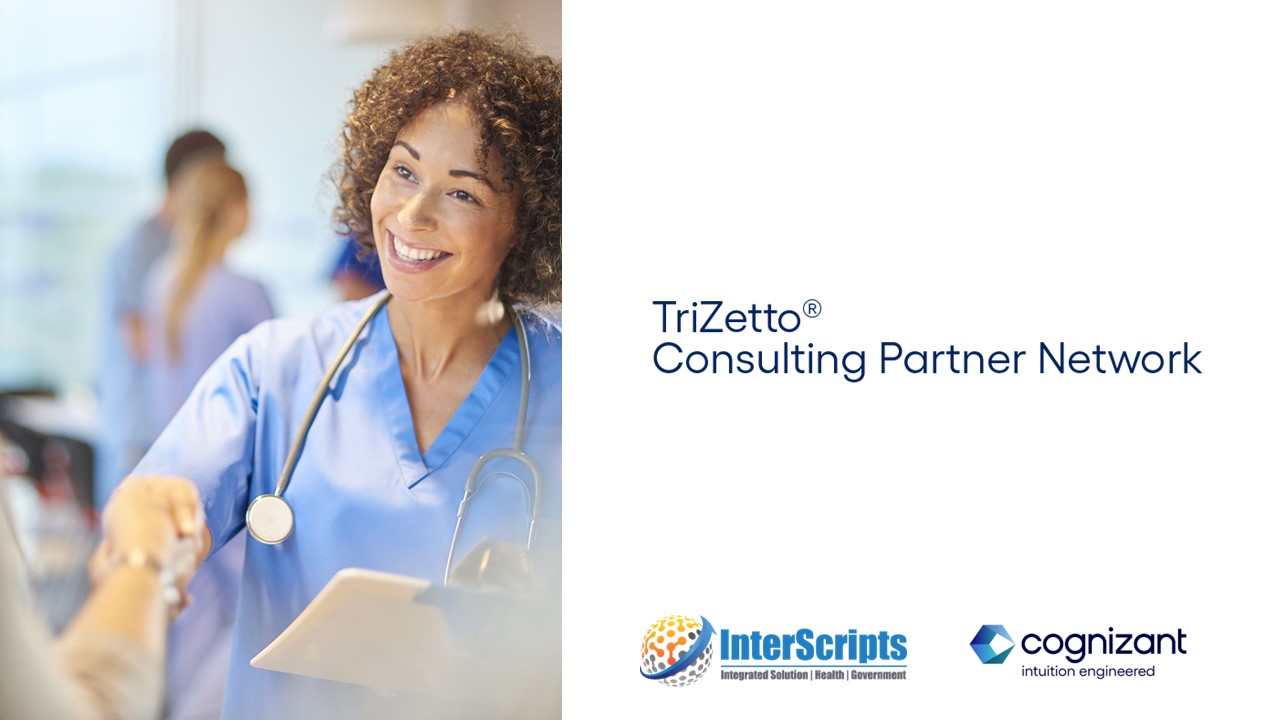
The Role of Health IT in Ensuring Patient Privacy and Data Security
Electronic Health Records (EHRs), telemedicine, and other Health IT solutions have improved the quality of care for patients and made healthcare delivery more efficient. However, with this progress comes new concerns around the privacy and security of patient data. As more and more health data is stored and transmitted electronically, the risk of unauthorized access, disclosure, and misuse grows. The good news is that Health IT provides numerous tools to manage these risks.
The Need for Privacy and Security in Healthcare
Privacy and security are top priorities for healthcare providers and patients alike. Patients have the right to expect confidentiality and privacy of their medical information, while healthcare providers have a legal and ethical responsibility to maintain the privacy and security of patient data. Cybersecurity threats pose an especially dangerous risk to healthcare data, with ransomware attacks, data breaches, and other security incidents putting patients' sensitive information at risk.
The Importance of Health IT in Patient Privacy and Data Security
Health IT plays a critical role in ensuring patient privacy and data security. Below are some of the ways in which Health IT helps to protect sensitive patient data:
1. Secure Access: With Health IT came the ability to secure access to EHRs and other medical data. This includes employing strong encryption algorithms and multifactor authentication to protect patient data from unauthorized access.
2. Patient Authentication: Health IT also enables patients to authenticate themselves using web portals, biometric authentication, or multifactor authentication.
3. Audit Trails: Health IT solutions, particularly EHRs, generate comprehensive audit trails or logs of all system and user activity. This information can be used to monitor and track unauthorized access to patient data.
4. Training Programs: With Health IT training programs, patients, providers, and medical staff are trained to understand the importance of protecting sensitive patient data and are empowered to take necessary steps to safeguard that data effectively.
5. Security Measures for Mobile Devices: Mobile devices like smartphones and tablets are increasingly being used in medical practice, and keeping them secure is a key component of overall security. Health IT can provide security software and protocols to ensure end-to-end encryption, secure data transmission, and secure storage of data in these devices.
Ensuring that Health IT Keeps Patient Data Safe
Health IT is an essential tool for enhancing healthcare delivery and improving patient outcomes, but it must also be used responsibly to ensure patient data remain secure. Patients trust healthcare providers with their most sensitive data, and this trust must be earned every day. It is crucial to have robust cybersecurity practices to address the risks, creating education programs to train employees, and understanding the importance of always having the right technical safeguards in place.
In conclusion, Health IT tools are critical in ensuring patient privacy and data security. Healthcare organizations must use these tools proactively to protect patient privacy and data while providing efficient and effective care. By implementing the proper Health IT solutions and best practices to manage patient data, healthcare organizations can ensure that patients trust them to protect their sensitive personal information.
Privacy and Data Security In Healthcare
-
category: Technology
-
PUBLISHED DATE & TIME: November 15, 2022 09:51 AM
-
PUBLISHER NAME: InterScripts











